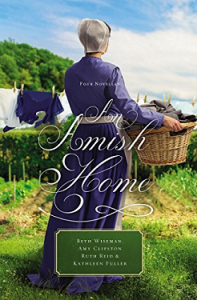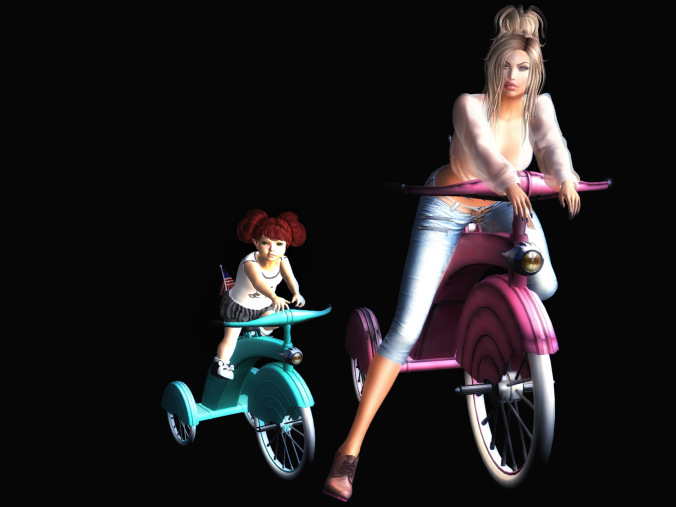Context : The Flea is one of John Donne’s (1572-1631) most famous poems. Johnny Donnie is perhaps one of the brighest poets ever from the gloriana time as Elizabetan culture produced names like Shakespeare and culture flourished greatly. However, Donne’s family were Catholics and had suffered greatly because of the open prosecution and discrimination against catholics in society. So John converted to Protestantism and became an Anglican priest. He had a happy marriage with Anne More until she died from him in childbirth. Many of the love poems can be traced back to her as an inspiration and muse to the poet. The ryhme scheme in The Flea goes AABBCCDDD, with couplets mostly.
Themes : Love, seduction, Christianity, marriage. Seduction of a chaste lady was a common motif in Elizabetan poetry. Much is going on in this poem and as young man John didn’t deny himself the pleasures of the world. He spent most of his father’s money on courting beautiful ladies, books and travels. As Donne became older much of the poetry changed into ascetic and religious themes.
Mark but this flea, and mark in this,
How little that which thou deniest me is;
It suck’d me first, and now sucks thee,
And in this flea our two bloods mingled be.
Thou know’st that this cannot be said
A sin, nor shame, nor loss of maidenhead;
Yet this enjoys before it woo,
And pamper’d swells with one blood made of two;
And this, alas ! is more than we would do.
O stay, three lives in one flea spare,
Where we almost, yea, more than married are.
This flea is you and I, and this
Our marriage bed, and marriage temple is.
Though parents grudge, and you, we’re met,
And cloister’d in these living walls of jet.
Though use make you apt to kill me,
Let not to that self-murder added be,
And sacrilege, three sins in killing three.
Cruel and sudden, hast thou since
Purpled thy nail in blood of innocence?
Wherein could this flea guilty be,
Except in that drop which it suck’d from thee?
Yet thou triumph’st, and say’st that thou
Find’st not thyself nor me the weaker now.
‘Tis true ; then learn how false fears be;
Just so much honour, when thou yield’st to me,
Will waste, as this flea’s death took life from thee.

Advertisements Share this:





